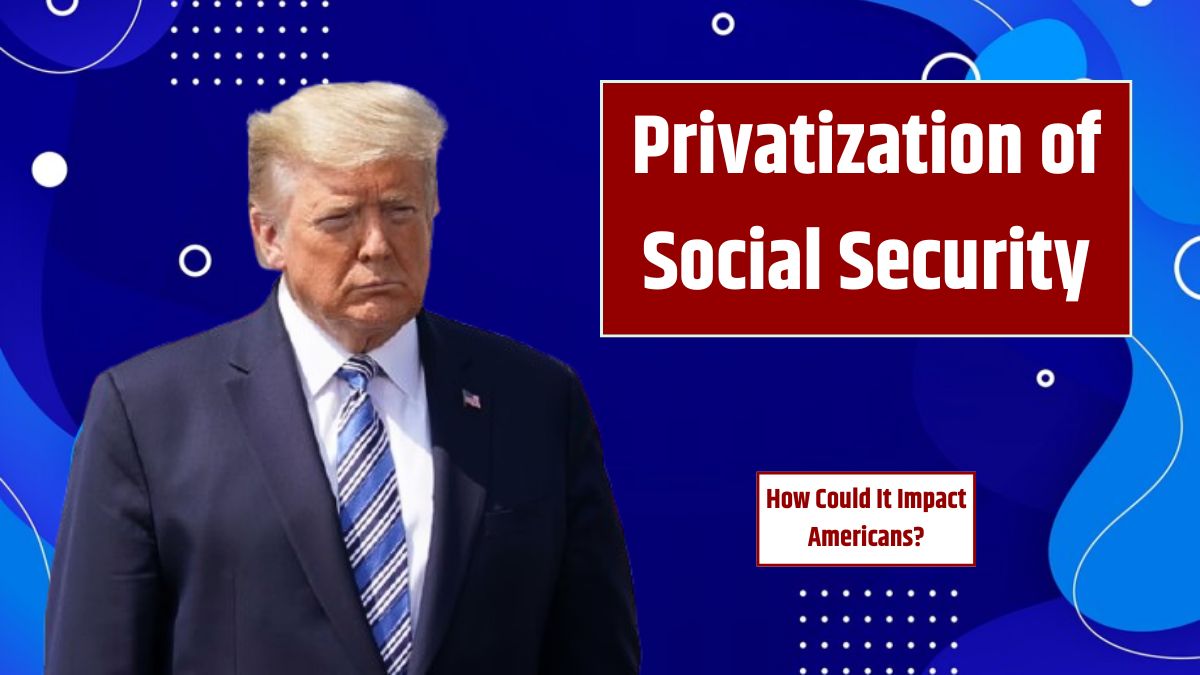The debate over Social Security privatization has been ongoing for years, with strong arguments on both sides. Some believe that allowing individuals to invest their payroll contributions in personal accounts could lead to higher financial returns. Others warn that this shift would expose retirees to market risks and undermine the program’s core promise of providing a stable safety net.
Benefits
Supporters of privatization argue that the current Social Security system does not generate sufficient returns for retirees. They claim that allowing individuals to invest in private accounts could offer higher payouts over time. Since financial markets historically outperform government-run programs in terms of returns, some individuals might accumulate more wealth through private investments.
Another argument in favor of privatization is that it could reduce government control and improve efficiency. Instead of relying on a system that depends on tax revenue and government spending, individuals would have more control over their retirement savings. Proponents also believe that privatization would address Social Security’s long-term funding challenges by shifting responsibility from the government to individual investors.
Risks
Despite these potential benefits, critics argue that privatization introduces significant financial risks. Unlike traditional Social Security, which provides guaranteed benefits, private accounts would be tied to market performance. This means that retirees could face financial losses if the market declines at the wrong time.
Another major concern is the cost of transitioning to a privatized system. Since current Social Security benefits are funded by payroll taxes from today’s workers, moving to personal investment accounts could create a funding gap. The government would still need to pay benefits to existing retirees while allowing younger workers to divert their contributions elsewhere. This transition could be expensive and difficult to manage.
Public opinion
Many Americans remain skeptical about Social Security privatization. Polls indicate that people value the program’s stability and prefer a guaranteed income over the uncertainty of private investments. While some individuals might benefit from higher returns, others could struggle due to poor investment decisions or bad market timing.
The fear of inequality is another factor shaping public opinion. Critics argue that those with higher financial literacy and investment knowledge would benefit more from privatization, while lower-income workers and those with less financial expertise could suffer. This could widen the wealth gap and weaken Social Security’s role in poverty reduction among older Americans.
Politics
The political landscape has played a crucial role in shaping the privatization debate. Historically, efforts to overhaul Social Security have faced strong public opposition, preventing significant changes. However, discussions about entitlement reform continue, with some policymakers pushing for privatization as a long-term solution.
Recent comments from figures like Elon Musk have reignited these debates. Musk has suggested that major cuts to federal entitlement programs are necessary, sparking backlash from critics who accuse him of trying to weaken public trust in the system. Some worry that such discussions could pave the way for Wall Street to gain more control over retirement funds, benefiting financial institutions more than retirees.
Future
Privatization represents a fundamental shift in how Americans secure their retirement. While proponents argue that investment-based accounts could provide higher returns, the risks, costs, and potential for inequality make it a controversial issue. Given the historical resistance to major changes in Social Security, any attempt to privatize the program will likely face strong opposition from both lawmakers and the public.
FAQs
What is Social Security privatization?
It refers to replacing some or all payroll taxes with self-directed investment accounts.
Would privatization increase Social Security benefits?
It could for some, but it also introduces investment risks and uncertainties.
Why do critics oppose Social Security privatization?
They argue it increases financial risks, transition costs, and inequality.
Has Social Security privatization been attempted before?
Yes, but past efforts have failed due to public and political opposition.
How does privatization affect low-income retirees?
It could widen inequality as wealthier individuals may benefit more from investments.






